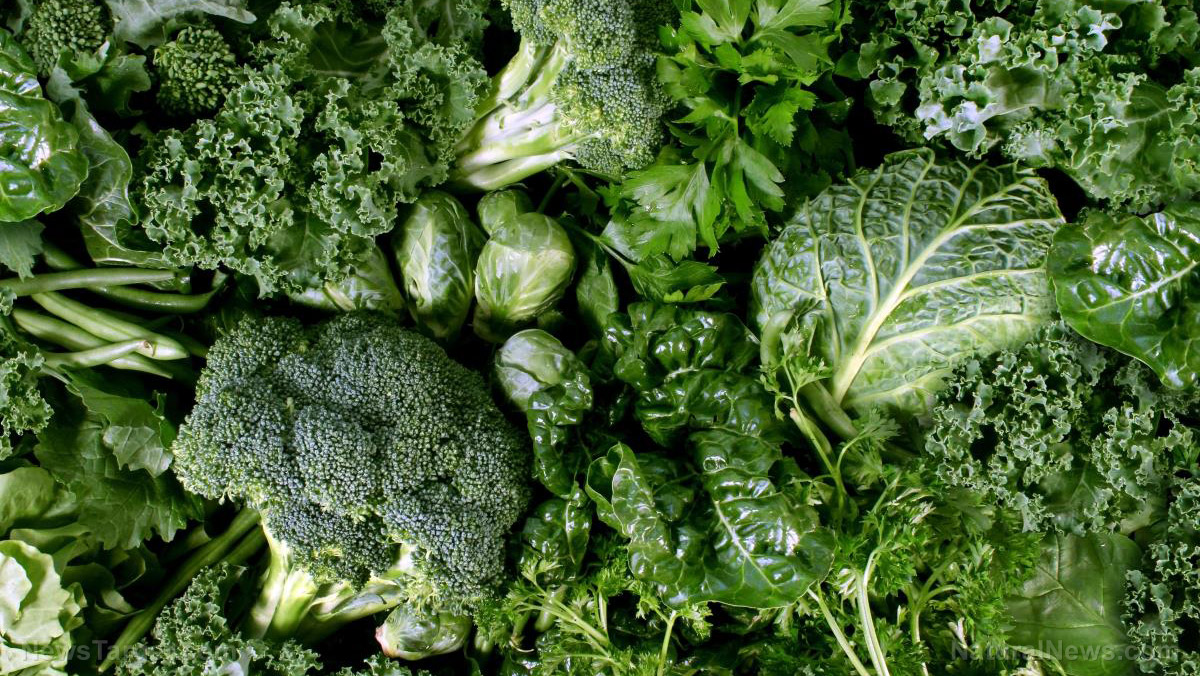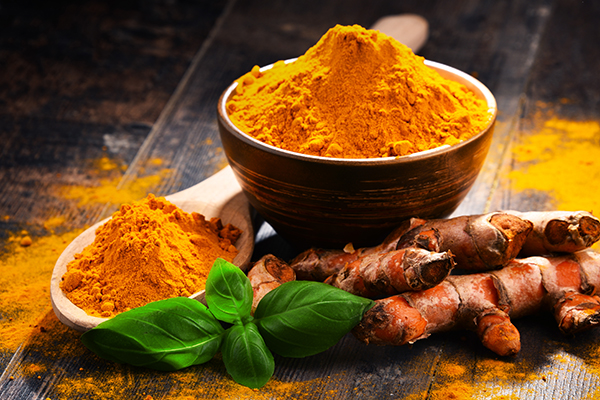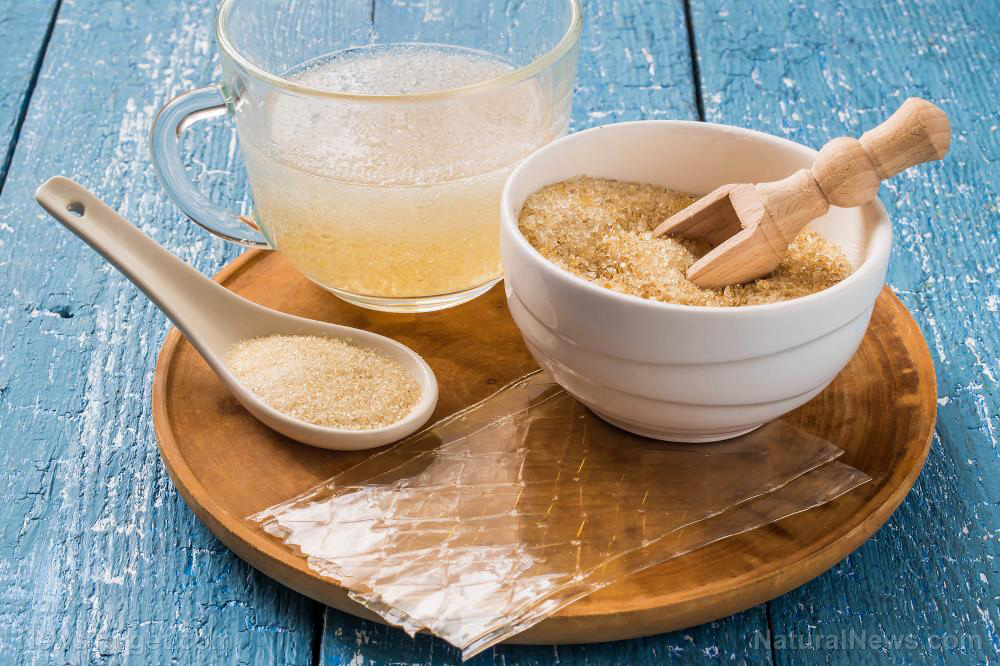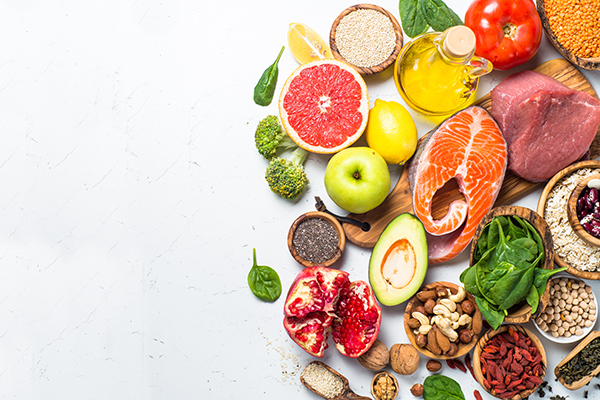Cinnamon found to help prevent Alzheimer’s disease
12/13/2022 / By Ramon Tomey

Cinnamon is a spice often associated with the fall season in America. It is the reason why apple pies and gingerbread lattes have that warm, traditional scent. But aside from brightening up these fall favorites, cinnamon can also help prevent Alzheimer’s disease.
Cinnamon has been used worldwide for thousands of years. Ancient Egyptians used cinnamon mainly for preservation and religious rituals. The ancient Chinese, however, used cinnamon as a medicinal herb. The traditional Chinese medicine (TCM) treatise “The Divine Farmer’s Classic of Materia Medica” describes cinnamon as an herb that carries a spicy, warm and nontoxic flavor.
Even now, TCM still uses cinnamon for warming the spleen, kidney, heart and liver meridians and unblocking veins. It is also a natural pain killer and is widely used for treating multiple diseases. (Related: The health benefits of cinnamon and how to use this amazing spice.)
One study published in Pharmacological Research elaborated on how this spice aids in preventing Alzheimer’s disease, a neurodegenerative disorder. The disease is characterized by the accumulation of abnormal tau proteins and the formation of amyloid beta (A?) plaques in the brain.
According to the researchers, the biologically active ingredients in cinnamon extract “efficiently inhibits tau [protein] accumulations, AB aggregation and toxicity [in both] in vivo and in vitro models.” Moreover, polyphenols – plant-based nutrients – found in cinnamon address oxidative stress and pro-inflammatory signaling pathways in the brain. They explained that polyphenols in cinnamon can interact with AB peptides before they start accumulating and becoming AB plaques, stopping their formation.
“When cinnamon is ingested in the body, it undergoes extensive metabolism both in the small and large intestine and in the liver as well,” the researchers noted. “The ability of cinnamon to affect the nervous system will mostly depend on [its] metabolites’ ability to cross the [blood-brain barrier].”
Cinnamon also a strong antibacterial
Aside from protecting against Alzheimer’s disease, cinnamon has also been shown to protect against bacterial pathogens. A study published in Antibiotics showed that cinnamon can act on different kinds of bacteria such as Staphylococcus aureus, Escherichia coli and Salmonella typhimurium.
“Foodborne pathogens could potentially be managed using new therapeutic agents from natural sources,” wrote the study authors. “Therefore, we approved the use of cinnamon oil instead of chemical preservatives, in addition to its therapeutic use when co-administered with other antibiotics.”
Cinnamon can easily be mixed with foods. A good sprinkling of this spice in desserts such as apple pies, muffins and French toast will not only impart a warm scent, but also its potential health benefits. Those looking to brighten up their day can sprinkle cinnamon on their breakfast porridge or muesli.
Cinnamon can also spice up beverages. A sprinkling of this spice on coffee, pumpkin spice latte, black tea, hot cocoa or mulled wine gives a tinge of warmth with every sip. An even better idea would be to serve cinnamon sticks with hot drinks, with the sticks serving as reusable stirrers.
However, TCM clinician Dr. Lin Yipu warned: “Although cinnamon has many benefits, if consumed excessively – like many other things – it might cause side effects.” Overconsumption may cause injuries to the liver and kidneys, so Lin recommends a daily limit of six grams (0.2 ounces).
Pregnant women should be wary of overeating cinnamon as it can both harm them and their babies. Cinnamon is also a natural blood thinner, so anyone on such medications should consult their physician before taking cinnamon in any significant amount.
Herbs.news has more stories about the benefits of cinnamon.
Watch this video to learn about the 10 health benefits of cinnamon.
This video is from the Natural Cures channel on Brighteon.com.
More related stories:
Health benefits of cinnamon: What’s the difference between Ceylon and cassia cinnamon?
Antioxidant, anti-inflammatory, and more: the health benefits of cinnamon.
Blood cancers can be treated safely and naturally with cinnamon.
Cinnamon: A sweet-spicy treat for fighting Alzheimer’s.
Can cinnamon extracts help with diabetes and obesity?
Sources include:
Submit a correction >>
Tagged Under:
alternative medicine, Alzheimer's disease, antibacterial, brain function, brain health, cinnamon, dementia, food is medicine, herbal medicine, Herbs, natural antibiotics, natural medicine, prevention, remedies, research, spices
This article may contain statements that reflect the opinion of the author
RECENT NEWS & ARTICLES
AgingSecrets.News is a fact-based public education website published by Aging Secrets News Features, LLC.
All content copyright © 2018 by Aging Secrets News Features, LLC.
Contact Us with Tips or Corrections
All trademarks, registered trademarks and servicemarks mentioned on this site are the property of their respective owners.




















